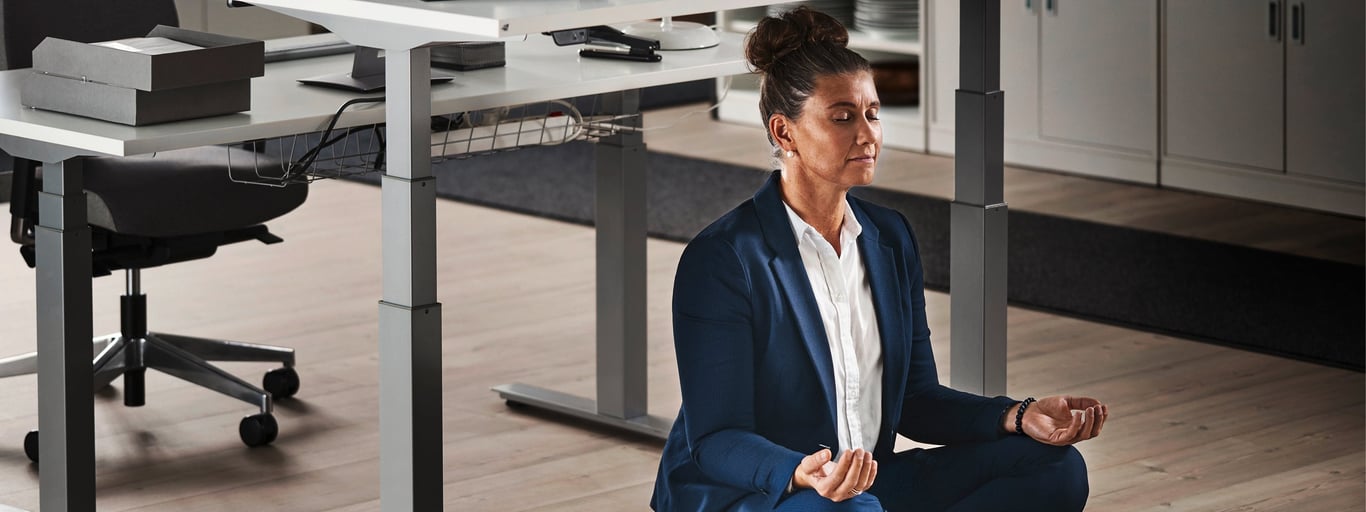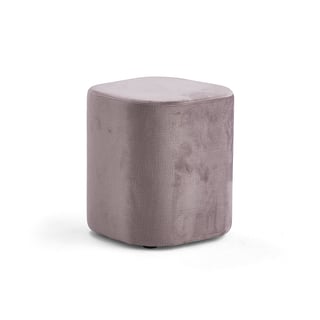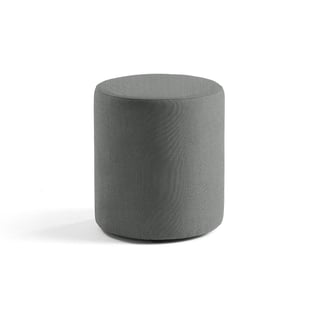- AJ Products IE
- Blog
- Work environment
- Do nothing and become more productive at work

Relax and become more productive at work
Most people today are aware of the importance of recovery for both body and soul. Many people may associate recovery with longer breaks and leave, which of course is not wrong. But research shows that even the short breaks during the day are at least as important. They not only make us more productive at the moment but can also prevent ill health and stress in the long run.
When in the day we take a break and what we do during them can also matter, it shows a study done at Baylor University in Texas. According to the researchers behind the study, it does not matter much what we do during the breaks, as long as it is something we like. But when we take them is all the more important. The best thing according to the survey is to take a break in the morning. It gives more energy at the end of the day.

Breaks also play a big role for the community in the workplace. This is when we get the opportunity to get to know each other on a deeper level than during Monday meetings. If there are also nice common areas where you get away from the desk, it will be easier to disconnect from work for a while. A more relaxed coffee room can also contribute to more natural social meetings between colleagues.
A trick to remember is to pause!
The pomodoro technique, or tomato method, was developed in the 80's and was named after a tomato-shaped egg timer that was used as a timer clock. The method is to focus intensively on the task you have in hand for 25 minutes and then take a break of five minutes. The procedure is repeated four times and then you take a longer break. By structuring work or breaks in this way, you ensure that the breaks are off without having to remind yourself of it. It also gives the brain the best possible condition to function fully as it avoids concentrating for long periods of time.


















